
Ismail Kadare
“I had three choices: to conform to my own beliefs, which meant death; complete silence, which meant another kind of death; to pay a tribute, a bribe. I chose the third solution by writing The Long Winter.”

“I had three choices: to conform to my own beliefs, which meant death; complete silence, which meant another kind of death; to pay a tribute, a bribe. I chose the third solution by writing The Long Winter.”

On art and politics: “I think writers are not only writers, they are also citizens.”

Recalling a dinner with T. S. Eliot: “He was wearing a cowboy hat, and we all got plastered … He couldn’t walk, for his ankles were crossed, so Valerie lifted him into the taxi.”

The interview happened on a scalding, soggy-aired Fourth of July in a sunny room in Albee’s small, attractive country house in Montauk, Long Island.

“The only way I could finish a book and get a plot was just to keep making it longer until something happens.”

“Rather than live on in the hearts and minds of my fellow man, I would rather live on in my apartment.”
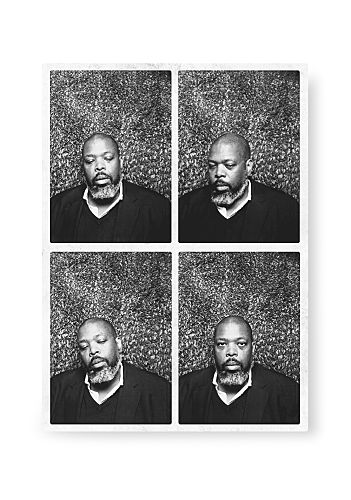
In his open, omnivorous writing on literature, visual art, and performance, Hilton Als has made critical analysis and introspection a conjoined practice. The essay, which he has called “a form without a form,” is his primary mode, and he invariably interweaves family and friendship, American fixations on and lived experiences of race and sexuality, metaphor and reality.

“The phrase I like to use to describe my sense of time—a play on comparative literature—is comparative time.”

“Mere fact has no chance of being formally perfect. It will get in the way, it will be all elbows.”

“Being American is, I think, a very difficult thing in art, because all the elements are European . . .”

“It’s not a love of poetry readings that attracts those who do come to them but theater.”
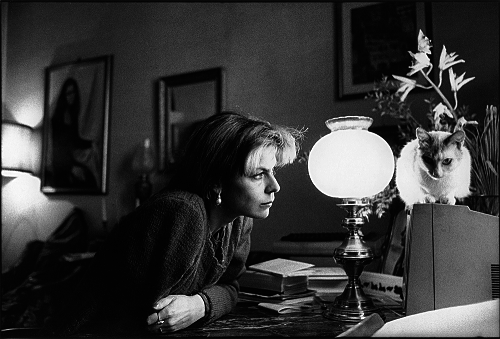
“I write to intensify reality and at the same time to undermine it.”

“People are too busy putting things under microscopes and so forth. Creativity is greater than the sum of its parts.”

“My nights are a nightmare, quite often, but the nightmares are rich. I nourish myself by those nights.”
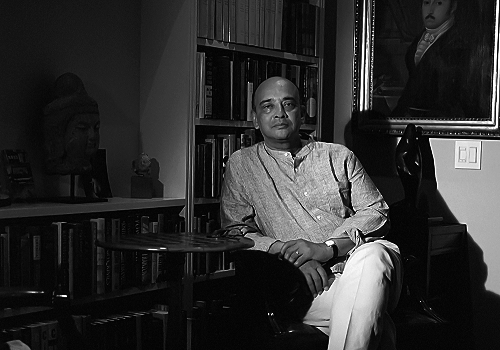
“Philosophy isn’t the only way to understand things, but it’s an awfully good way.”
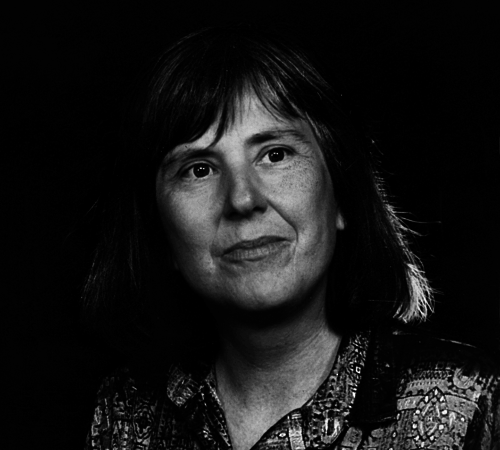
Independent, skeptical, laconic, and always lyrical, Rae Armantrout is a poet of wit and precision. Her poems are typically built of brief sections and short lines in which every word and syllable has been carefully weighed and placed. She also values alacrity and surprise. Arcs of argument can end midflight or spring abruptly in unforeseen directions. The tone shifts, and shifts again. The rewards of her quicksilver verse are many: she helps, as William Blake once put it, to cleanse the doors of perception. You look anew at everyday things and delight in language’s myriad marvels and traps. You also laugh out loud.

“I often wonder if I am suffering from some mental dysfunction because of how weird and baffling my poetry seems to so many people and sometimes to me too.”
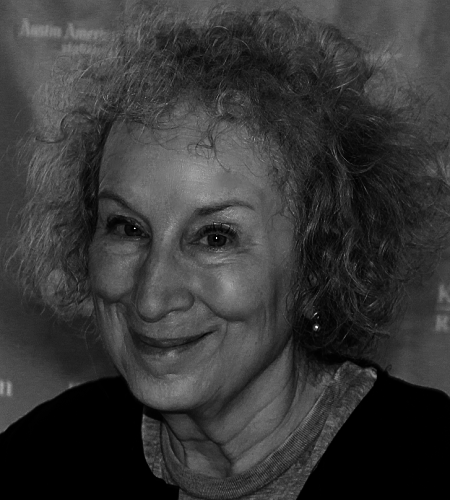
“Every novel is—at the beginning—the same opening of a door onto a completely unknown space.”
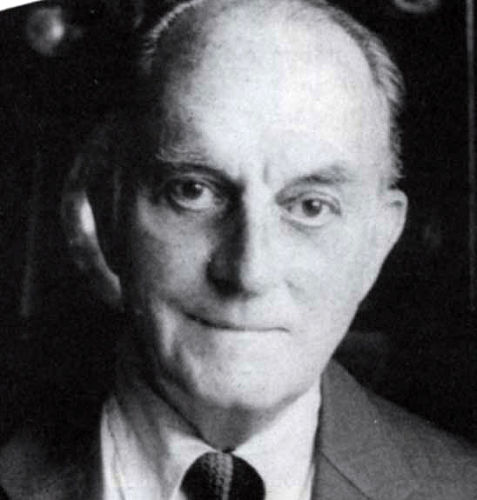
“I think Shakespeare got drunk after he finished King Lear. That he had a ball writing it.”

On hippies: “What I do like about them is that they have tried to revive the spirit of ‘Carnival.’ But I'm afraid that when they renounce work entirely, the fun turns ugly.”

“Writing has always been like that for me. Slowly blundering toward consciousness.”

“I've never been drawn to the feminist movement. I've never been put down by a man, unless I deserved it, and have never felt inferior.”
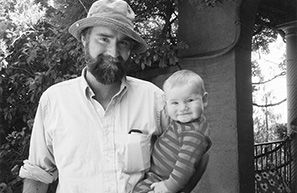
“There are all kinds of books I’d like to write that seem to be out of my grasp.”
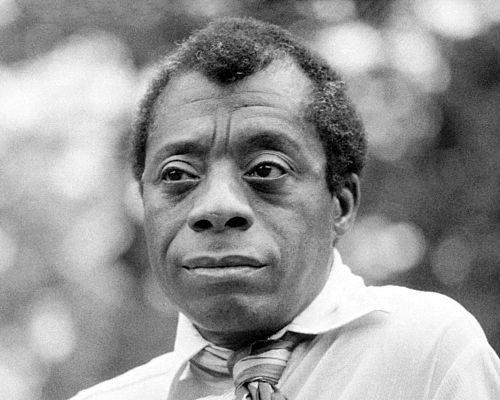
“After my best friend jumped off the bridge, I knew that I was next. So—Paris. With forty dollars and a one-way ticket.”

On the dangers of writing too much: “By the eighteenth book, one has a sense of having bricked oneself into a niche, a roosting place for other people's pigeons. I wouldn't recommend it.”

“It was pretty easy to picture myself at his [Castro’s] side. He was, in some ways, the good father.”

“When I finish a sentence, after much labor, it’s finished. A certain point comes at which you can’t do any more work on it because you know it will kill the sentence.”

“The really good ideas are generated in the process of writing, and only if you're working at white heat. You don't get those ideas if you're worrying about the commas.”

“Writers of either gender ought to be able to do the opposite sex—that's one basic test of competence, after all.”

“I’m not adopted. But that longing and that sense of absence . . . are perhaps other ways of expressing the actualities of my family. Different facts, same emotions.”

“You decide to be a violinist, you decide to be a sculptor or a painter, but you find yourself being a novelist.”

On the difficulty of writing about sex: “Faint equivalents can sometimes be found. . . . Or it can be rendered obliquely—an adolescent’s mental image of his or her parents making love, which must be something on the order of crocodiles mating.”

“Writing a story is like crossing a stream, now I’m on this rock, now I’m on this rock.”

“I’m not ashamed to admit that occasionally I’ve found myself aroused by my own depictions of sex.”
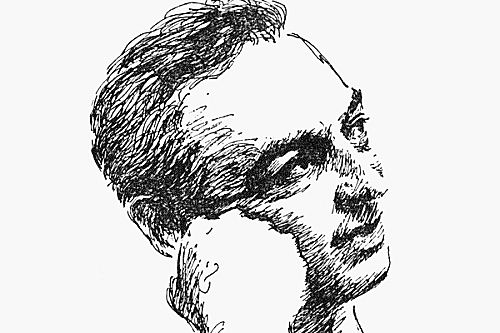
“I seem to have the blind self-acceptance of the eccentric who can’t conceive that his eccentricities are not clearly understood.”

“I think that what happens in my poetic work in the future will depend on my being knocked in the face, and thrown flat, and given cancer, and all kinds of other things short of senile dementia.”
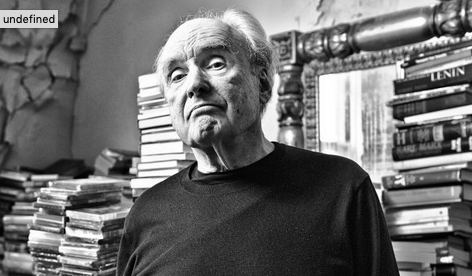
“I don’t think one really gets permission to do things. You do them because you have to do them, and nothing else will do.”
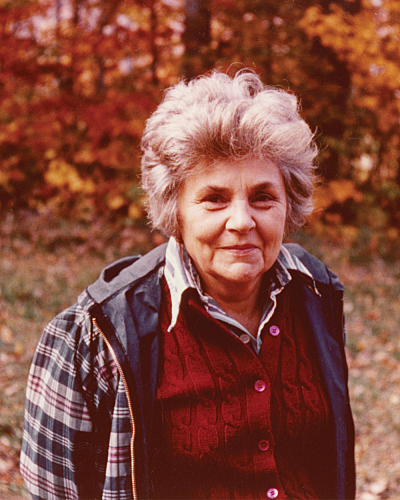
On winning the Pulitzer Prize while living in Brazil: “There was one vegetable man we always went to. And he said, ‘You know, it's amazing! Last week Señora (Somebody) took a chance on a bicycle and she won! My customers are so lucky!’”

“To be a poet did not occur to me. It was indeed a threshold guarded by demons.”

“One man wrote me, saying, ‘You know who you are? You're nothing but a Captain Bly pissing up a drainpipe!’”

“Behind every word a whole world is hidden that must be imagined.”

“There was no mystery: even before I learned to read and write I knew it was in order to write poetry.”

“I live in a grey world, rather like the silver screen world. But yellow stands out.”

“I wanted to meet [other artists]. I suppose I simply felt that I was taking pot shots at clay pipes. Pop! Down goes Gertrude, down goes Jean Cocteau, down goes André Gide.”

On life imitating art: “The very genetic determinism I posited in World's End as a way of shaking off my inherited demons is being proven in fact as we map out the human genome.”

“A book has got to smell. You have to hold it in your hand and pray to it.”

“You really can’t write unless you read. You have to know what the game is all about.”

“[Persecution mania] is still around. In your writing, in your exchanges with people, meeting people who are in Russian affairs, Russian literature, etcetera.”

“The self-fulfilled woman is far from reality.”

“Did you know that forty percent of the words used by Shakespeare were used by him only once?”

“If other writers can spend ten pages on the act of fellatio without embarrassing themselves, very good luck to them.”

“The idea that addiction is somehow a psychological illness is, I think, totally ridiculous. It’s as psychological as malaria. It’s a matter of exposure.”

“I don’t see much point in doing things for a pure joke. Every now and then you need a joke, but not so much as the people who spend all their lives constructing joke palaces think you do.”

“Writing a novel is like working on foreign policy. There are problems to be solved. It's not all inspirational.”

“The author is the successor of the saint, everyone respects the author.”

“Southern writers must have learned the art of storytelling from listening to oral tales. I did. It gave me the knowledge that the simplest incident can make a story.”

“. . . I used to think I lacked confidence. Now I think I knew I had nothing much yet to write about. Or not perspective enough to know what was there.”

“Every time I must find something to do that will look like something a little beyond my capabilities.”
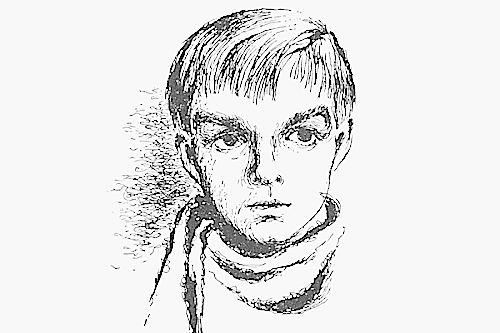
“The short story seems to me the most difficult and disciplining form of prose writing extant.”

On sitting down to write: “It's like standing on the edge of a cliff. This is especially true of the first draft. Every day you're making up the earth you're going to stand on.”

“There is no one truth, but there are an awful lot of objective facts. The more facts you get, the more facts you collect, the closer you come to whatever truth there is.”
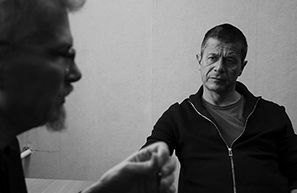
“Like everyone, I know some big words, but I try my damndest not to use them.”

“At least half of your mind is always thinking, I’ll be leaving; this won’t last. It’s a good Buddhist attitude. If I were a Buddhist, this would be a great help. As it is, I’m just sad.”

On teaching at the Iowa Writer’s Conference: “The entire time [John Cheever and I] were there . . . I don't think either of us ever took the covers off our typewriters. We made trips to a liquor store twice a week in my car.”

“Politics is like navigation in a sea without charts, and wise men live the lives of pilgrims.”

Interviewer: “You [think] that not only should a writer have enemies but that he should actually cultivate them?” Cela: “Yes, so that they help him move up the ladder.”

“Savy, the biologist, said something appropriate: In the beginning there was emotion, and the verb wasn’t there at all. ”

“A writer should never install himself before a panorama, however grandiose it may be.”
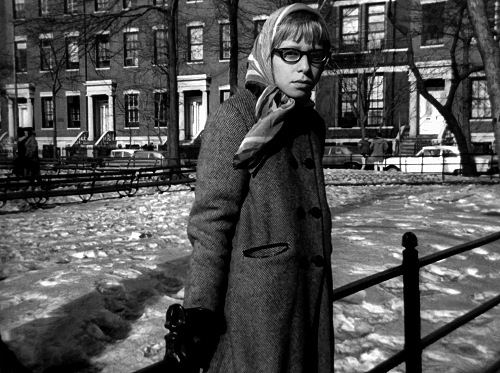
“I hate when I feel the construction of a joke. It makes me sad.”

“Fiction must compete with first-rate reporting. If you cannot write a story that is equal to a factual account of battle in the streets or demonstrations, then you can't write a story.”
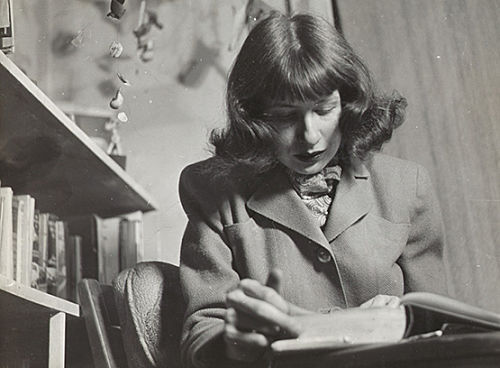
On the Sexual Revolution:
“ . . . some very plausible stuff is being written by women in a way that most men are not doing . . . ”

“Appreciation of art is a moral erection; otherwise mere dilettantism. I believe sexuality is the basis of all friendship.”
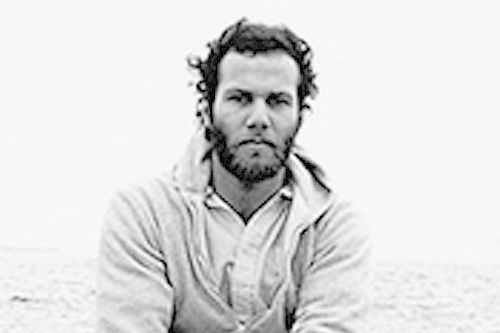
“In truth, I’m still slightly embarrassed to say, I am a poet. I’d rather say, I make poems.”
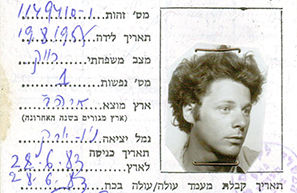
“Smart people say such dumb and disappointing things about translation.”

“Until recently, I thought ‘occasional poetry’ meant that you wrote only occasionally.”

“I think pornography is a very rich medium, and I’ve studied it closely and learned quite a lot as a writer from it.”

“Literature is . . . a game, but it's a game one can put one's life into.”

On Hemingway: “He always had trouble with plots because he wasn't so much filling out a plot as he was making a journey or progression, day by day.”

“My father had osteomyelitis—his left arm was withered between his elbow and his shoulder. . . . But the amputation of a Stone Age man called Leaf, a stoneworker, does not relate to my father at all . . . ”

Describing the effect of hallucinatory drugs on the creative process: “[It’s] terrific! That’s at least what I’d like to say.”

“It knocked you off your horse, taking LSD. I remember going to work that Monday, after taking LSD on Saturday, and it just seemed like a cardboard reality.”
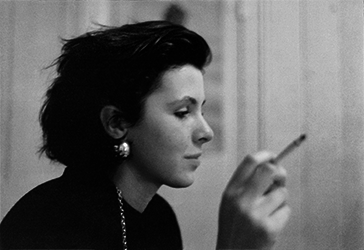
“I think the novel has to stay attached to life somehow. It has to share the terrain of life.”